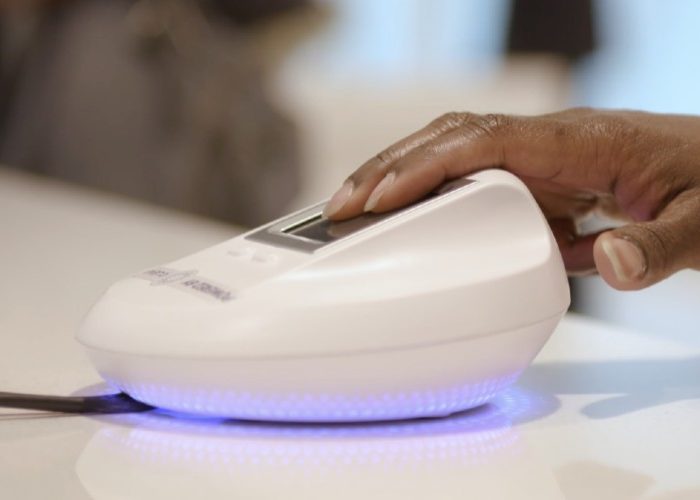If you are ever arrested, before you even get a chance to call your lawyer the police may ask you to provide fingerprints, as well as other body samples, such as blood.
It is a fact that very few people fully understand their rights regarding such scenarios, which often leads them to either refusing when they cannot or complying when they did not have to.
Let us say from the outset that this is not being written as a diatribe about police abuse of human rights and so on. The police are essential for our safety and wellbeing, and whenever possible we should all cooperate with them when it is right to do so.
However, the police, like everyone else, are subject to the law, and that includes the law as it applies to individuals’ rights when they are arrested.
When it comes to obtaining fingerprints there are several clear guidelines and rules which apply. The first ones to consider are those in relation to what age a person is, and especially if they are under the age of 18.
If someone is aged 15 to 17, then in order for the police to take their fingerprints, they must have an adult present not just went taking them, but when they ask to take them.
This adult can be a parent, a guardian, or some other independent person. In other words, they cannot simply ask the desk sergeant. Even if permission is granted, a video or audio recording must be taken if the person is under the age of 18.
For younger persons, so children aged up to 14, there processes different further. Under 10s cannot be fingerprinted, and for 11 to 14-year-olds, if permission is refused by the child’s parents, a court order must be obtained before the police can proceed.
For adults, the police cannot take fingerprint for minor offences, however, for all other offences they can use reasonable force to take them if you refuse to cooperate.
The exception to this is where someone has a mental illness or an obvious mental disability. In these circumstances, they must have an independent adult present when the person is being asked for their fingerprints.
When it comes to body samples, There is a differentiation between ‘intimate’ and non-intimate’ body samples. Intimate include saliva, blood, pubic hair, genital swabs, and dental impressions. Non-intimate are hair samples, fingernail scrapings and other external body swabs
You can refuse, and unlike with fingerprints, the police cannot forcibly obtain these following refusal. They must apply for a court order. However, if the suspected offence is serious, such as rape or murder, a senior police officer can sanction the taking of a blood sample via a finger prick without a court order.
Intimate samples must be taken by a qualified medical professional such as a nurse or doctor, which means the police cannot take these. The police can take non-intimate samples but only after they have received a court order if you refuse them permission.
Whether they take body samples or fingerprints from you, the police cannot hold on them indefinitely and must destroy them if they do not charge you, or you are found not guilty of the offence you were charged with. For fingerprints, the time limit is 6 months, and for body samples, it is 12 months.

